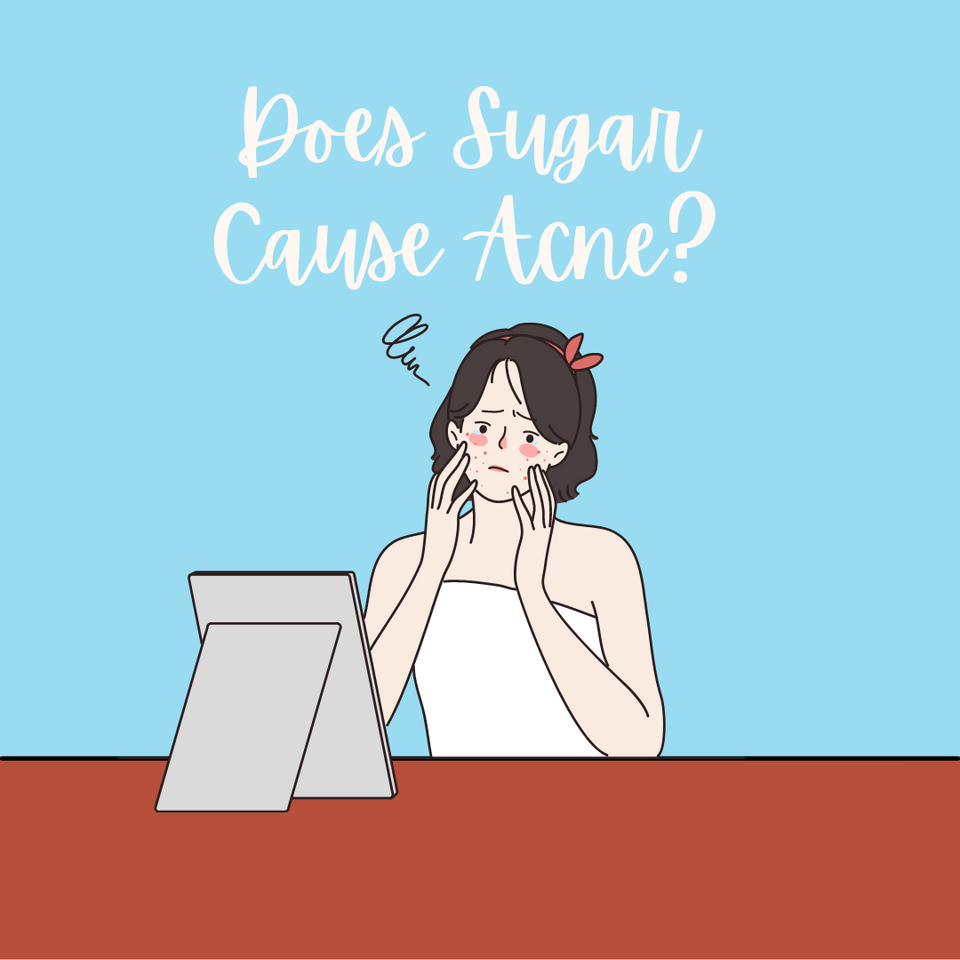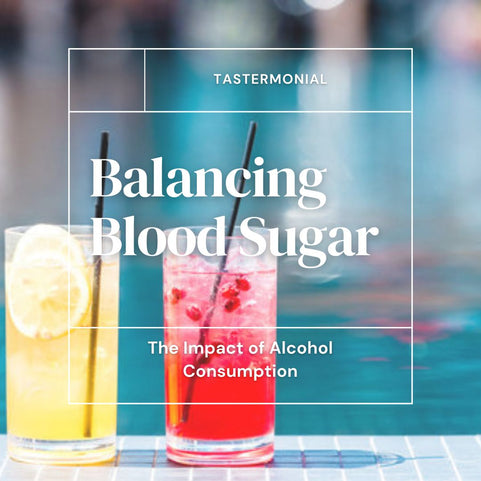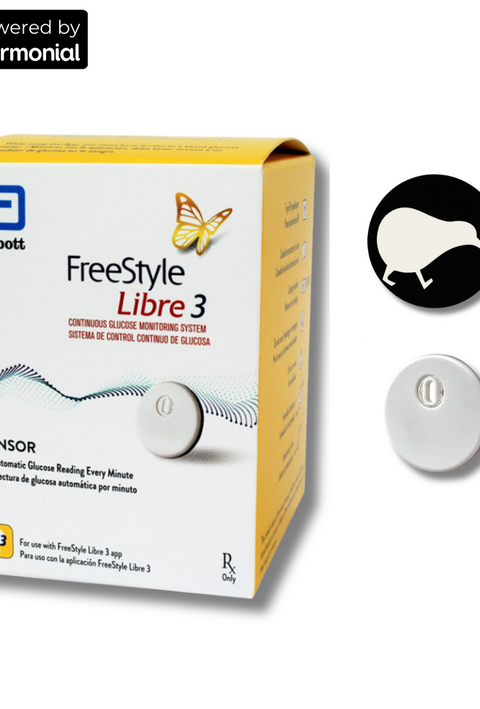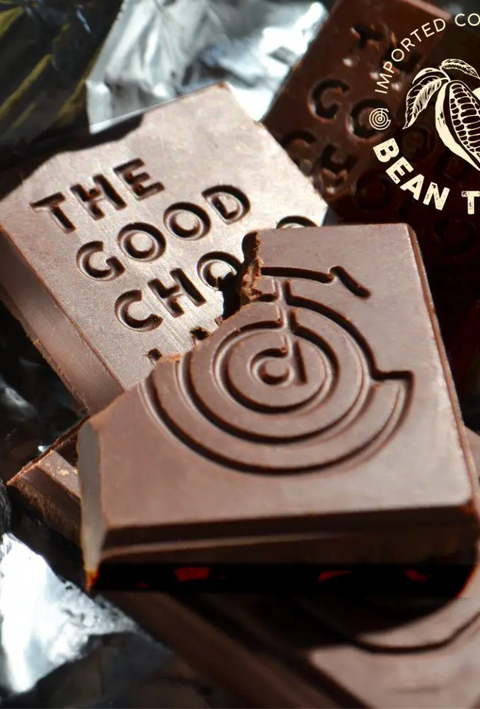
Does Sugar Cause Acne?
Having clear skin can seem impossible. We’ve all been there – feeling completely lost about how to treat acne despite all of the products we try.
Acne is a skin condition that arises from the oil and dead skin cells that get trapped in our hair follicles. More specifically, the sebaceous gland that is found within our hair follicles can overproduce sebum, an oily substance that is made to nourish and protect our skin, causing inflammation. In fact, acne can affect more than 85% of teenagers, some experiencing issues with acne well into adulthood, according to the Pennsylvania State University College of Medicine, .
When it comes to your taking care of your body, nutrition and diet are two important factors that we can’t ignore. It may surprise you, but cosmetics isn’t the only way to address acne, it can also be resolved with food. Numerous studies in the past decade have led dermatologists to acknowledge the potential link between diet and acne – one of which being sugar.

The Role of Sugar
It is no secret that the Western diet is predominantly composed of processed foods that are high in refined carbohydrates and empty calories. In fact, it was found that acne prevalence increased in the Inuit, Okinawa islanders, and the Chinese after the introduction of Westernized nutrition into their traditional diets.
Excessive intake of refined carbohydrates contributes to the rise in acne prevalence. More specifically, foods with a high glycemic index, which can easily spike your blood sugar levels, can cause acne to grow and spread.
Added sugars play a large role in increasing the glycemic index of certain foods – if the balance between sugars, fiber, and/or protein of a particular food is off-center, the more likely your body is able to convert and absorb glucose into your bloodstream, spiking blood sugar levels.

What are Low Glycemic Foods?
The reason high sugar foods can promote acne growth is the effect high glucose levels have on our metabolism. If your body is unable to efficiently process certain foods, it can result in inflammation, which includes, but is not limited to, acne.
Incorporating more foods with a low glycemic index can help reduce acne and maintain clear skin. This index is a helpful tool for determining which foods may or may not fit into your diet:
Level |
Glycemic Index |
Low |
Below 55 |
Medium |
55 – 70 |
Heigh |
Over 70 |
Learn how the glycemic index is measured here.
In the past century, Americans have increased their #sugar intake ten-fold. Studies show that high sugar #diets caused a decrease in microbial diversity, increased #gut inflammation, and more. https://t.co/EXKcqeiptt
— Tastermonial (@tastermonial) June 30, 2020
Low glycemic foods are often low in added sugars or high in fiber and/or protein. Incorporating more low glycemic foods into your diet is helpful for treating medical conditions such as diabetes, cardiovascular disease, and obesity, and for clearing up your skin.
Low Glycemic Foods:
- Minimally processed whole grains (e.g. rolled or steel cut oats, barley, bulgar wheat, brown rice – technically low to moderate)
- Whole grain pasta, bread
- Eggs, egg whites
- Poultry (e.g. chicken, turkey)
- Fish and shellfish
- Sweet potato
- Unsweetened dairy products (e.g. milk, yogurt, cheese)
- Unsweetened nut milks
- Nuts and seeds (e.g. almonds, cashews, walnuts)
- Oil and fats (e.g. olive oil, avocado oil)
- Some legumes (e.g. lentils, chickpeas, kidney beans)
- Most fruits (apples, strawberries, stone fruits, pears, kiwi)
- Most vegetables (e.g. carrots, cauliflower, broccoli, zucchini)
Low Sugar/Low Glycemic Alternatives
Just because you are incorporating more low glycemic foods into your diet doesn’t mean you have to miss out on some of your favorite foods. Here are some of our favorite brands that are good for your body and don’t compromise on taste:





Bottom Line
At the end of the day, changing your diet may still have no visible effect on your skin.
While eating healthy can usually do the trick, other factors that negatively impact your skin include stress, weather, pollution, and other external factors. No matter the circumstance, take the time to listen to your body and act according to what makes you happy, both physically and mentally.
Combating acne, or any health issue for that matter, is not a sprint, but a marathon.
If you are suffering from severe and cystic acne, you should reach out to a dermatologist for more individualized guidance.
However, whether your acne has been with you for years or you are just looking to clear a couple of pimples, it doesn’t hurt to try out new foods and show your body some love. Afterall, food is medicine.
Tastermonial content is not a substitute for professional medical advice. Take necessary precautions when handling information regarding food and nutrition. If you are ever unsure about pursuing a particular diet, make sure to consult a medical professional or licensed dietitian for more individualized guidance.
Sources:
Can the right diet get rid of acne?
Diet and Acne Update: Carbohydrates Emerge as the Main Culprit
Glycemic index for 60+ foods – Harvard Health
Overview of Acne and Its Treatment
Linking diet to acne metabolomics, inflammation, and comedogenesis: an update
MicroRNAs associated with exercise and diet: a systematic review
Sebum: What Is It, How to Remove Excess on Face, Hair, Scalp, More
Significance of diet in treated and untreated acne vulgaris
The post Does Sugar Cause Acne? appeared first on Tastermonial.













